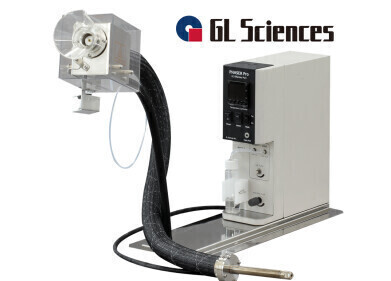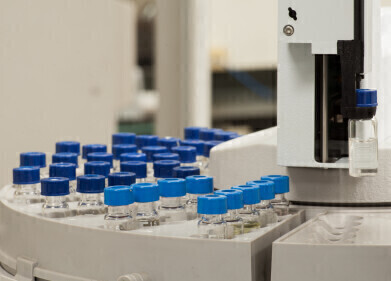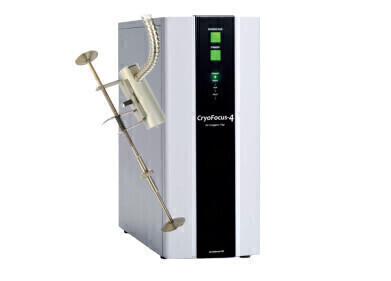GC, MDGC
Chromatography Helps Free Innocent Man After 8 Years on Death Row
Jan 11 2015
Eight years ago, the two children living next door to Chinese man Nian Bin in Beijing died suddenly, allegedly having been poisoned from a porridge and squid dinner. Nian, despite having little motive or opportunity to attempt to poison the family, was apprehended by police and eventually confessed to the crime. Nian, it was alleged, had smuggled a bottle of rat poison into his neighbour’s kitchen and emptied the contents into the kettle which was later used to cook the meal, in revenge for losing the sale of a packet of cigarettes.
However, due to the tireless and tenacious work of Nian’s legal team, the decision has finally been reversed and Nian has been set free after eight long years on death row. The U-turn is one of the most dramatic reversals in Chinese legal history and has unearthed some uncomfortable questions about police investigation methods. How did it come about?
Dubious Police Methods
The underpinning evidence against Nian had been his own confession, extorted on camera whilst he was in custody. However, the tape which contains his confession has a disturbing two-hour gap, in which time Nian goes from calmly refusing to implicate himself to tearfully confessing to the crime. Though he does not appear to be visibly under duress when giving himself up, the possibility of torture in the intervening gap cannot be ruled out, especially when the police have explained the gap with such varying and implausible tales.
Furthermore, it also appears that the police may have misread or even falsified the scientific evidence linking Nian to the case. The poison that Nian is alleged to have used was said to have been detected in the victims’ blood, urine, vomit and in the incriminating kettle using the technique of gas chromatography-tandem mass spectrometry (GC-MS). However, the police were unwilling to release the spectrometer slides which pointed to the presence of the poisonous substance, fluoroacetate, for a staggering seven years.
Chromatography in Forensics
Chromatography – and in particular mass spectrometry – has long been used in criminal investigations to help police to determine the contents of a deceased person’s stomach, their likely whereabouts before death (and possible whereabouts of their killer, if there is one), the makeup of explosives and other important information pertaining to such investigations. For a closer look at how one particular branch of the science can help to fight crime, see this article, FT-IR Microspectroscopy in Forensic and Crime Lab Analysis, or for a more general overview of the benefits of the technique, read the explanatory story: How is Gas Chromatography Used in Forensics?
Useful though the technique is in such investigations, it can only yield beneficial results when utilised correctly. Unfortunately, when the slides in the Nian Bin investigation were finally released in 2013, they did little to prove the existence of fluoroacetate in the samples provided. Even more worryingly, the samples themselves appeared to have been doctored by using the same one for both children in order to gain results that would incriminate Nian rather than uncover the truth.
Furthermore, there is also doubt over whether the kettle in question was even used in the preparation of the poisoned meal at all. Chen Yanjiao, the landlady who had prepared the porridge, told investigators that she had used a red bucket to fetch the water, not the kettle. Unfortunately, this bucket was never tested for analysis using chromatography, and neither were the remains of the poisoned dinner or samples from the victims’ stomachs.
Chromatography, then, is certainly a valuable technique in determining the truth… but only if those in power are really searching for it.
Image Source: Photo by Guo Xianzhong
Events
May 18 2025 Tempe. AZ, USA
May 21 2025 Birmingham, UK
Jun 01 2025 Baltimore, MD, USA
Jun 15 2025 Bruges, Belgium
Jul 14 2025 Kuala Lumpur, Malaylsia














